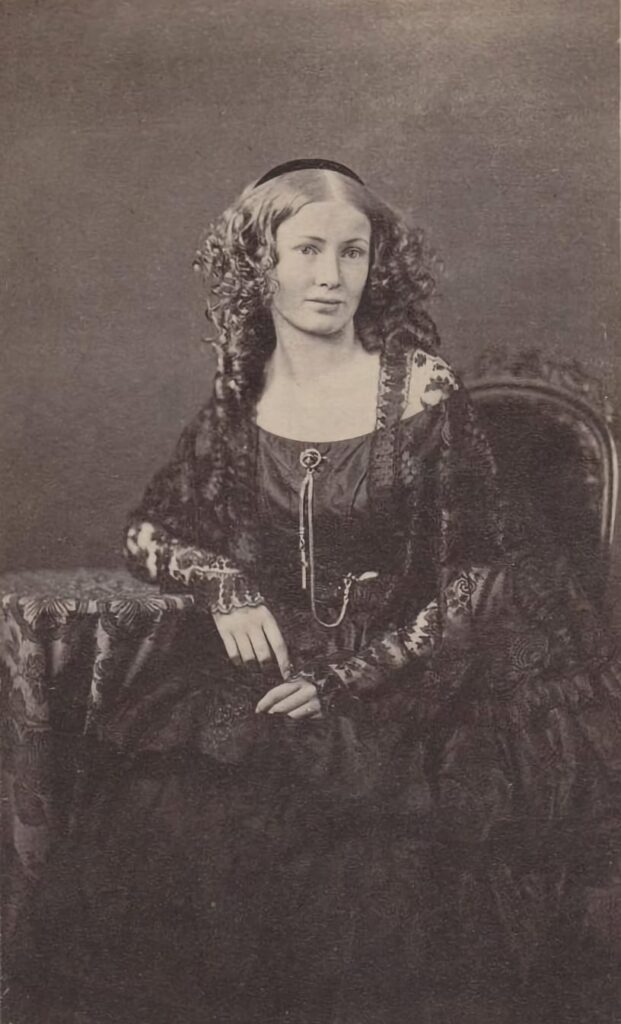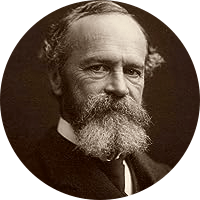
I was asked recently “why the interest in Cora?”, referring to the 19th century trance medium Cora L. V. Richmond. I am very interested in the “century of miracles” that constituted the heyday of Spiritualism beginning in 1847. Truth is a stable currency. Though its expression down through the ages is coined in language appropriate to period and circumstance, its value is undiminished despite the ravages of time. It is tempting to characterize interest in the dusty relics of past revelations as spiritual grave digging, but like the discovery of precious Egyptian artifacts rescued from the tombs of pharaohs, we can appreciate that our own desire to commune with the divine realm is something that we share in common with our ancestors.
From our “lofty” vantage point in this day and age, we can look down at the “Rochester Knockings”, the various other physical manifestations of Spiritualism, and the supposed proofs of the reality of the survival of death in times past with a skeptical eye. But those proofs of old were not intended for us. The parent who knew or knows beyond any question of a doubt that they have communicated with a “dead” child does not need our approval or sanction as confirmation of the reality of their experience. Likewise the evidence that is abundantly manifest in the records remaining of the century of miracles, was meant for those present as witnesses, and secondarily for their contemporaries who might hear of their experiences after the fact. We are simply observing through the telescope of time the experience of our predecessors and finding those glimmerings of that distant light that can touch our souls.
As for why Cora? The record of her remarkable mediumship is, I believe, worthy of resurrection. For sheer volume of output, some 5,000 public lectures delivered from the time of her tender youth and throughout her long life, she rates close consideration. It is one thing to channel in a carefully regulated private circle, as was the case with the outstanding medium William Stainton Moses, but to hold forth in a large lecture hall with a mixed amalgamation in the audience ranging from true believers to harsh skeptics, reporters and drunks who walk in off the street, church ladies, and professors, is a feat quite remarkable.
Besides her public work, she had countless private sessions and a series of classes that were recorded in the masterful volumes The Soul in Human Embodiments and Psychosophy. One of the charming aspects of her private sessions were the 10,000 “name poems” that were given to individuals.
Cora’s lectures, even when the topic was explicitly secular in nature, generally followed a three part pattern of invocation, discourse, and poem/benediction. It is readily apparent that in cold print there is a loss in transmission that fails in some degree to fully convey the religious rapture of her invocations and the lyrical beauty of the spontaneous poetry as spoken through Cora’s lips. The style of all three aspects of her speech no doubt registered authentically in the religious, intellectual, and artistic framework of the time, as evidenced by the enthusiastic reception that she received.

“In order to disprove the assertion that all crows are black, one white crow is sufficient.”
― William James
A potentially controversial feature of her discourses is the noteworthy persons who sometimes spoke through her. A slender volume was released on the eve of the American Civil War as the pamphlet “The Present Crisis”, consisting of two discourses, one delivered in the morning of Dec. 16, 1860 by the deceased abolitionist minister Theodore Parker and in the evening of that same day a speech given by the spirit of Kentucky politician Henry Clay. These discourses eloquently frame the debate between the abolition of slavery at any cost, versus retaining the integrity of the union and avoiding catastrophic bloodshed. This particular morning and evening in the winter of 1860 are my personal “white crow”, dispelling my doubt about the authors behind the speeches given. One must conclude, that either 20 year old Cora L. V. Hatch was a prodigy of the art of debate, able to adopt the style and opposing convictions of two deceased persons, or that those men, then discarnate, spoke through this remarkable young woman.
